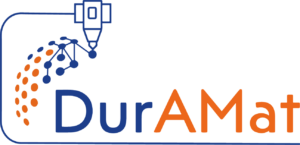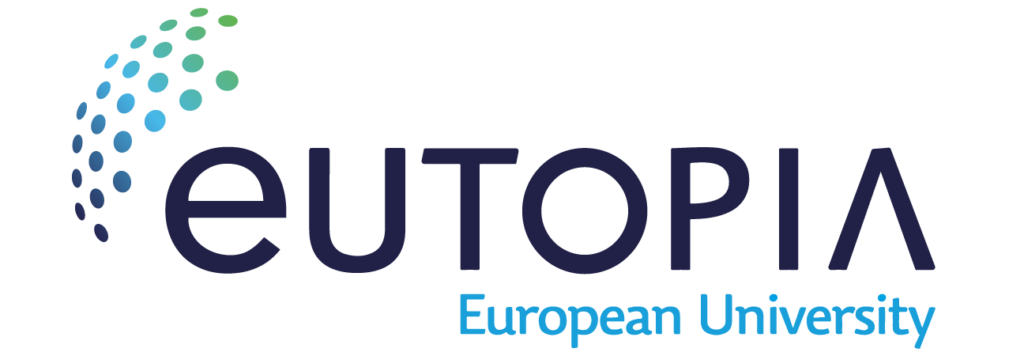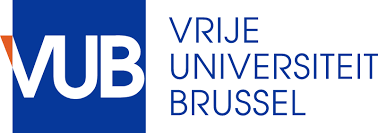We are thrilled to welcome our newly recruited Doctoral Candidates to the DurAMat project.
While some are already with us, we are eagerly awaiting the arrival of others who are in the final stages of obtaining their visas. Stay tuned for more updates as our team continues to grow!
DC1-Marina Furbino Martins

Marina Furbino Martins is a metallurgical engineer who graduated from the Federal University of Ouro Preto, Brazil, with a master’s degree in Materials Engineering from the same university. Since her undergraduate years, she has been involved in the field of materials analysis, characterization, and selection. Her master’s thesis focused on correlating the physical and mechanical properties of a metal alloy produced through powder metallurgy. In addition to her academic pursuits, Marina brings 5 years of industry experience, having worked in multinational companies primarily as a specialist in metallurgical processes. Currently, she is enrolled in the EU-funded Marie Sklodowska-Curie DurAMat program, pursuing her doctoral studies at Vrije Universiteit Brussel, Belgium. Her research focuses on additive manufacturing for the repair of steel alloys and Inconel, as well as corrosion studies.
DC2- Ahmed Ibraheem
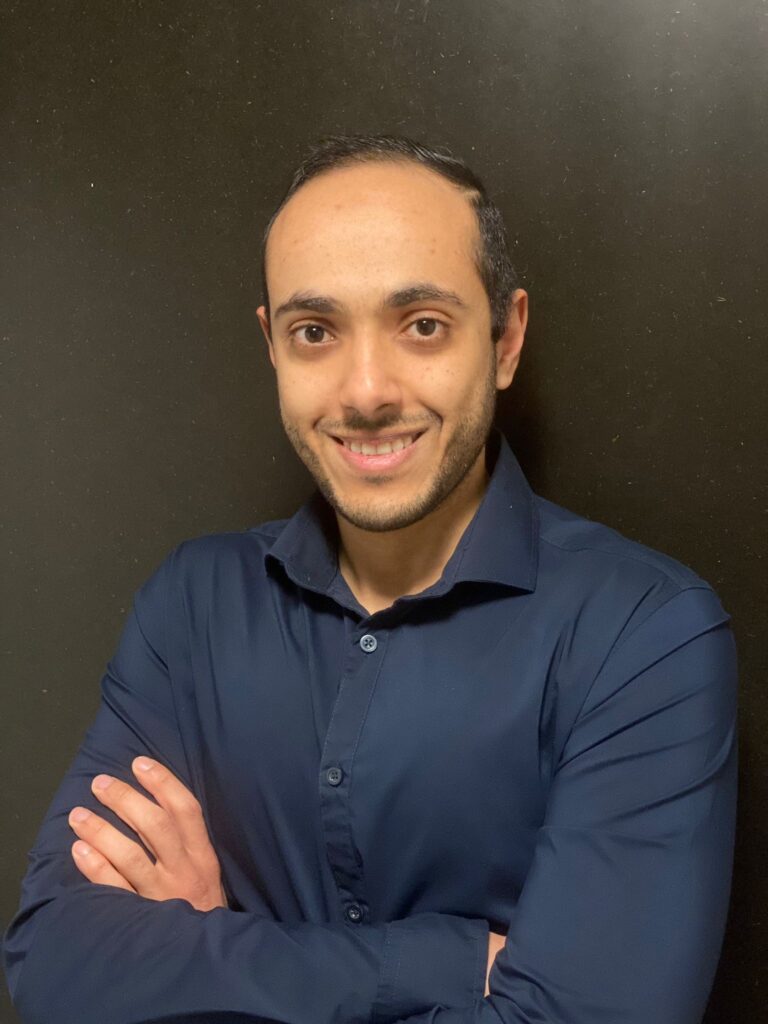
Ahmed Ibraheem was born in Cairo, Egypt in 1993. He received his bachelor’s degree in Materials and metallurgical engineering in 2017 from the University of Suez. He worked as an inspection engineer for a non-destructive testing (NDT) service company for one year. Afterwards, he won a scholarship organized by the European Institute of Eechnology (EIT) for a master’s degree. He did his master’s studies in the universities of Leoben in Austria and Leuven in Belgium. During his studies, he did two internships at INESC institute in Portugal and the R&D department of Visuvius for metal flow technology in Belgium. The topic of his master thesis was the behaviour of non-metallic inclusions during continuous casting of steel. Right now, he is a doctoral candidate in the EU-funded Marie Curie DurAMat program. He will be working and studying at NOVA university in Lisbon and his project will focus on the selection of ferrous and Ni-base alloys for repairing structural components using additive manufacturing and assisted by the theories of thermodynamics.
DC3- Rodrigo Alvarenga

Rodrigo Alvarenga is a Materials and Metallurgical engineer (UENF – Brazil) with a master’s degree in Mechanical Engineering (UFU – Brazil), specializing in Materials Science. He has worked as a research engineer at the Friction and Wear Technology Laboratory (Federal University of Uberlândia – Brazil), where he contributed to various research and development projects with Oil and Gas industries, particularly in the area of hydrogen embrittlement. His work primarily focused on low alloy steels and nickel alloys, with others expertise such as mechanical testing, fracture mechanics, fatigue, corrosion and materials characterization. Currently, he is a PhD Student in the EU-Funded Marie Sklodowska-Curie DurAMat program, based at Rise (Sweden), and is also enrolled at Vrije Universiteit Brussels (Belgium). His research is dedicated to exploring the hydrogen embrittlement and corrosion resistance of duplex stainless steel manufactured via additive manufacturing processes.
DC5- Sergio Pastore

Sergio Pastore was born in 1999 nearby Milan, Italy, in the city of Corbetta, where he also lived for his whole life. Following his passions and interests in science, he could do internships in the Università dif Bergamo, the Università del Piemonte Orientale and the laboratories of CAP wastewater plant during high school. Following his diploma, he obtained his Bachelor’s degree in Materials Engineering and Nanotechnology at the Politecnico di Milano in 2021, followed by his Master’s degree in the same topic in 2023. Sergio is now a PhD student at the Vrije Universiteit Brussel under the UE-funded DurAMat project. His research focuses on the study of additive-manufactured coatings on conventional metal substrates, analysing their morphology, corrosion and mechanical resistances to improve the functionalization of steel components
DC7-Martim Mestre
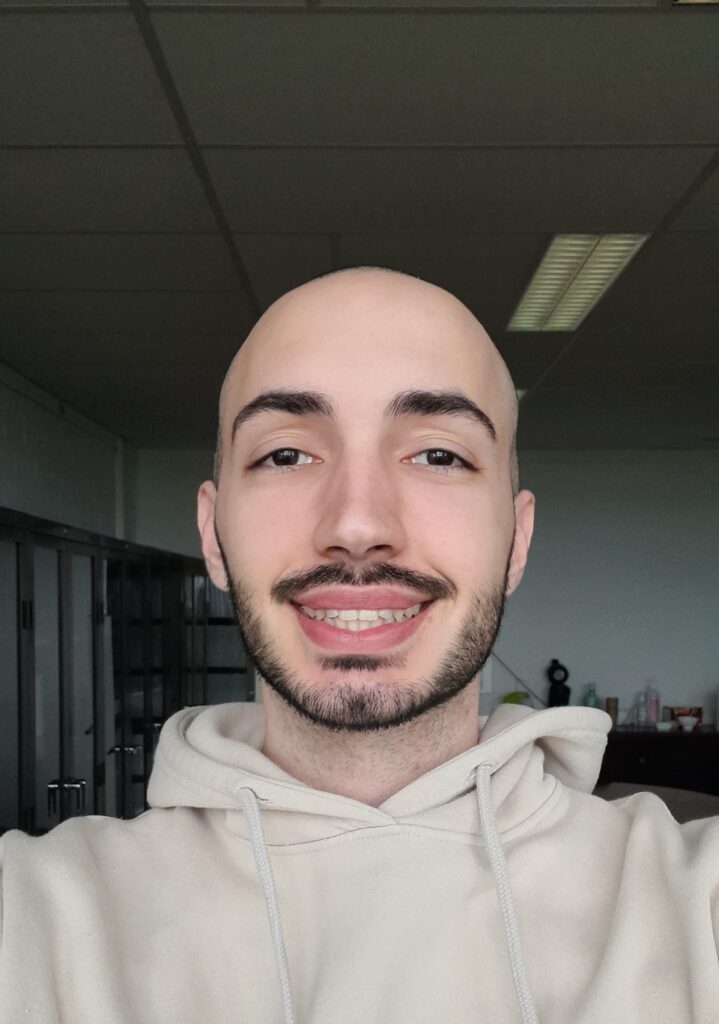
Martim Mestre was born in Almada, Portugal in 2000. He received his Bachelor’s and Master’s degrees in Materials Engineering in 2021 and 2023, respectively, from NOVA School of Science and Technology. His background is centered on the study and characterization of different additive-manufactured alloys. Today, he is a Doctoral Candidate (DC) in the Marie Sklodowska-Curie Actions funded DurAMat program and a doctoral student at VUB, Belgium. His research focuses on corrosion modeling of AM metal alloys, with the use of Finite Element Models, to design new AM approaches for improved corrosion resistance.
DC8-Emma Radice

Emma Radice was born in Rho, near Milan, in 1998. She received her Bachelor’s and Master’s degrees in Physics from Università di Milano Bicocca in 2020 and 2023, respectively. During her thesis work, she studied the morphological evolution of PbSnTe nanowires using the Phase Field (PF) model. After graduation, she was granted a four-month research scholarship at Università di Milano Bicocca, which allowed her to continue working on the PF model, focusing on solid-state dewetting on non-planar substrates. She is recently recruited in Technische Universität Dresden, Germany within DurAMat Project of EU MSCA-DC Action.
